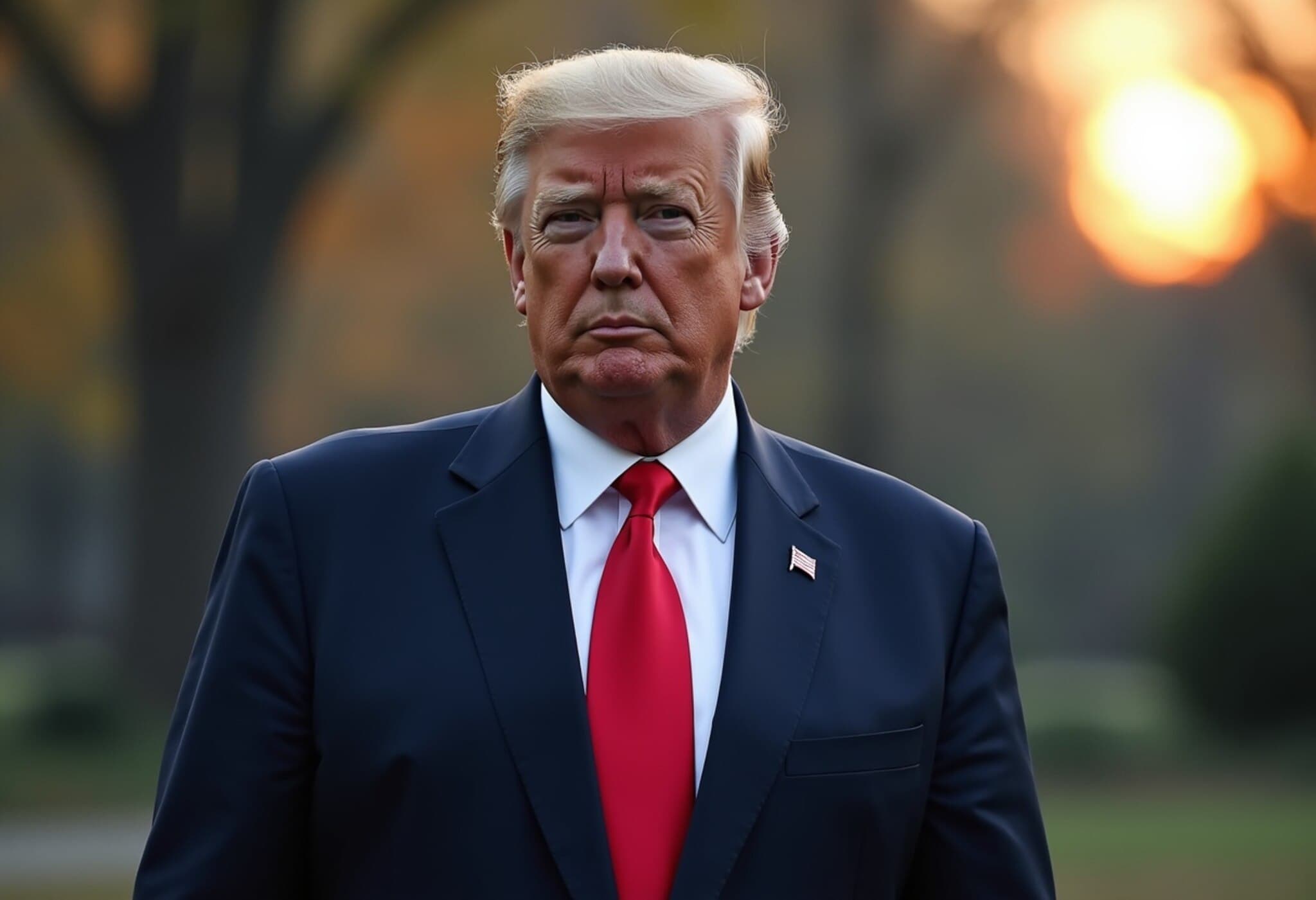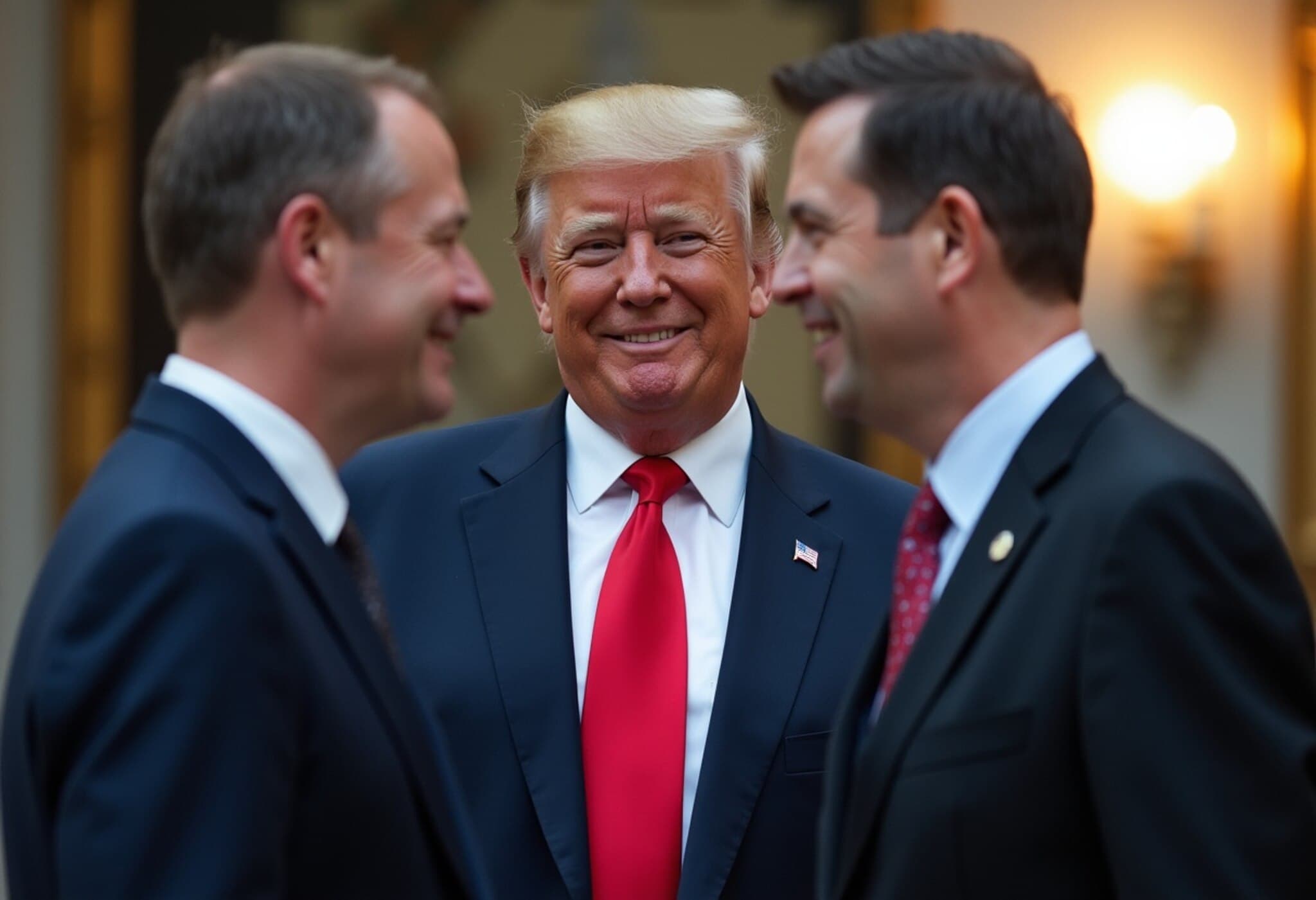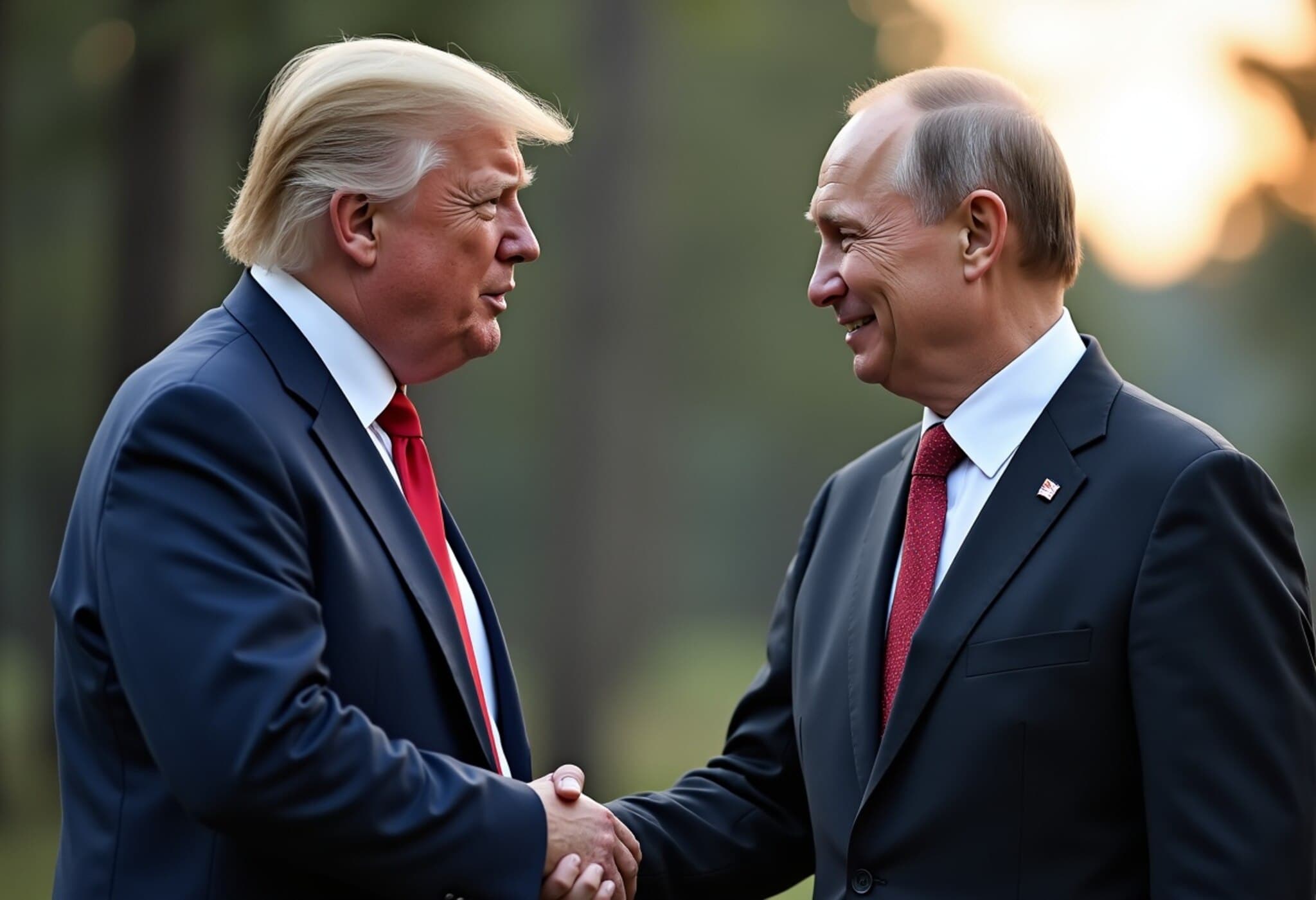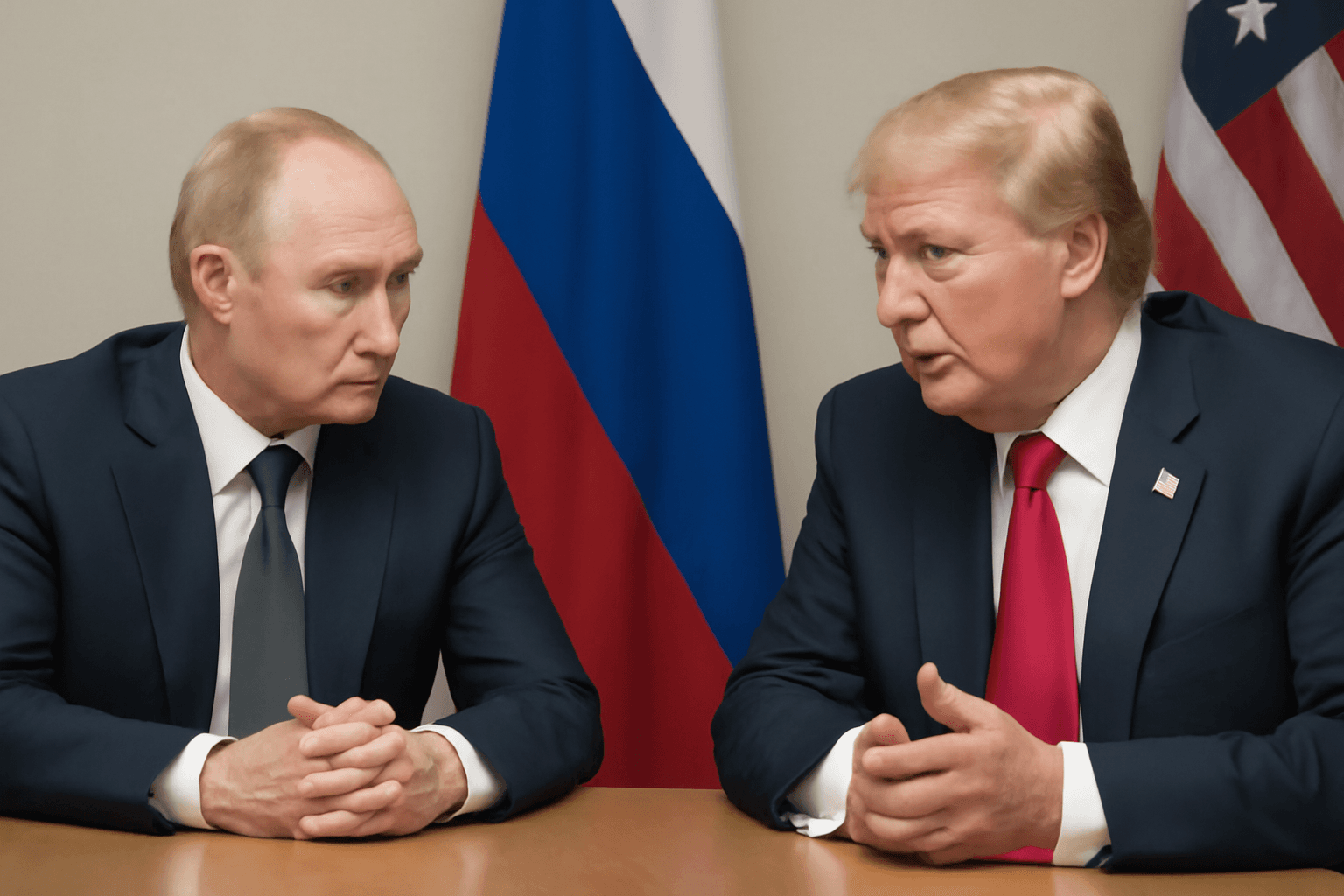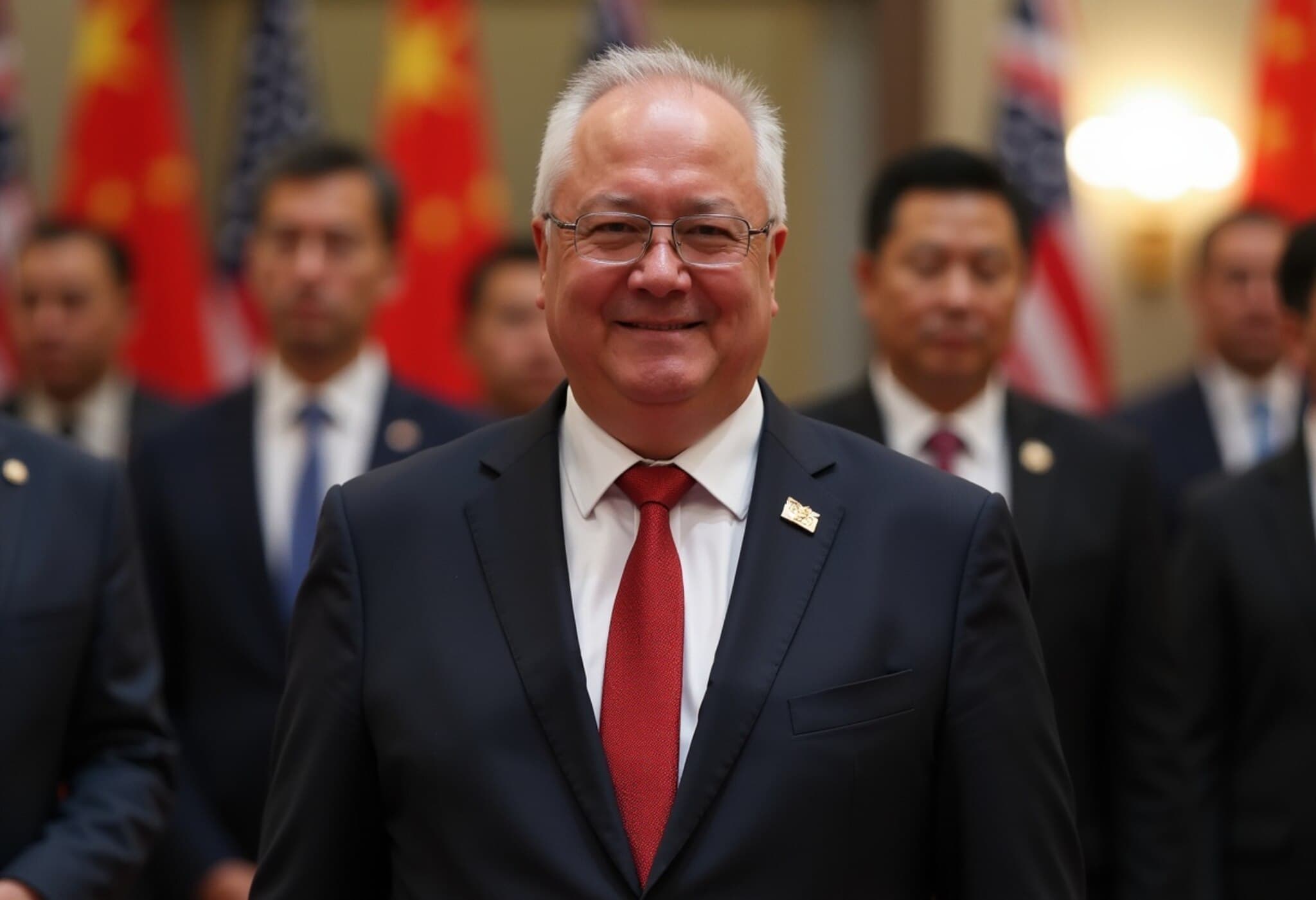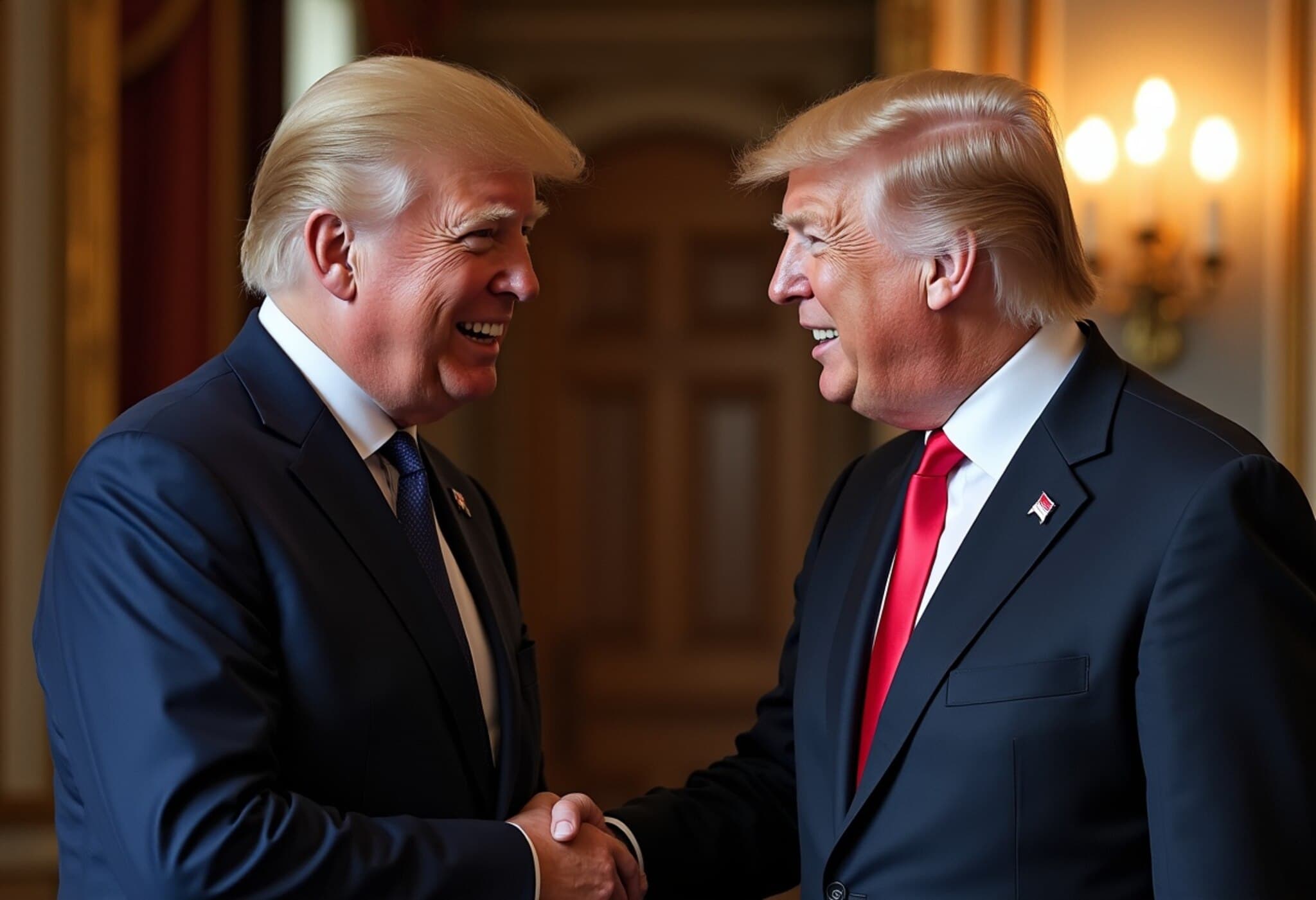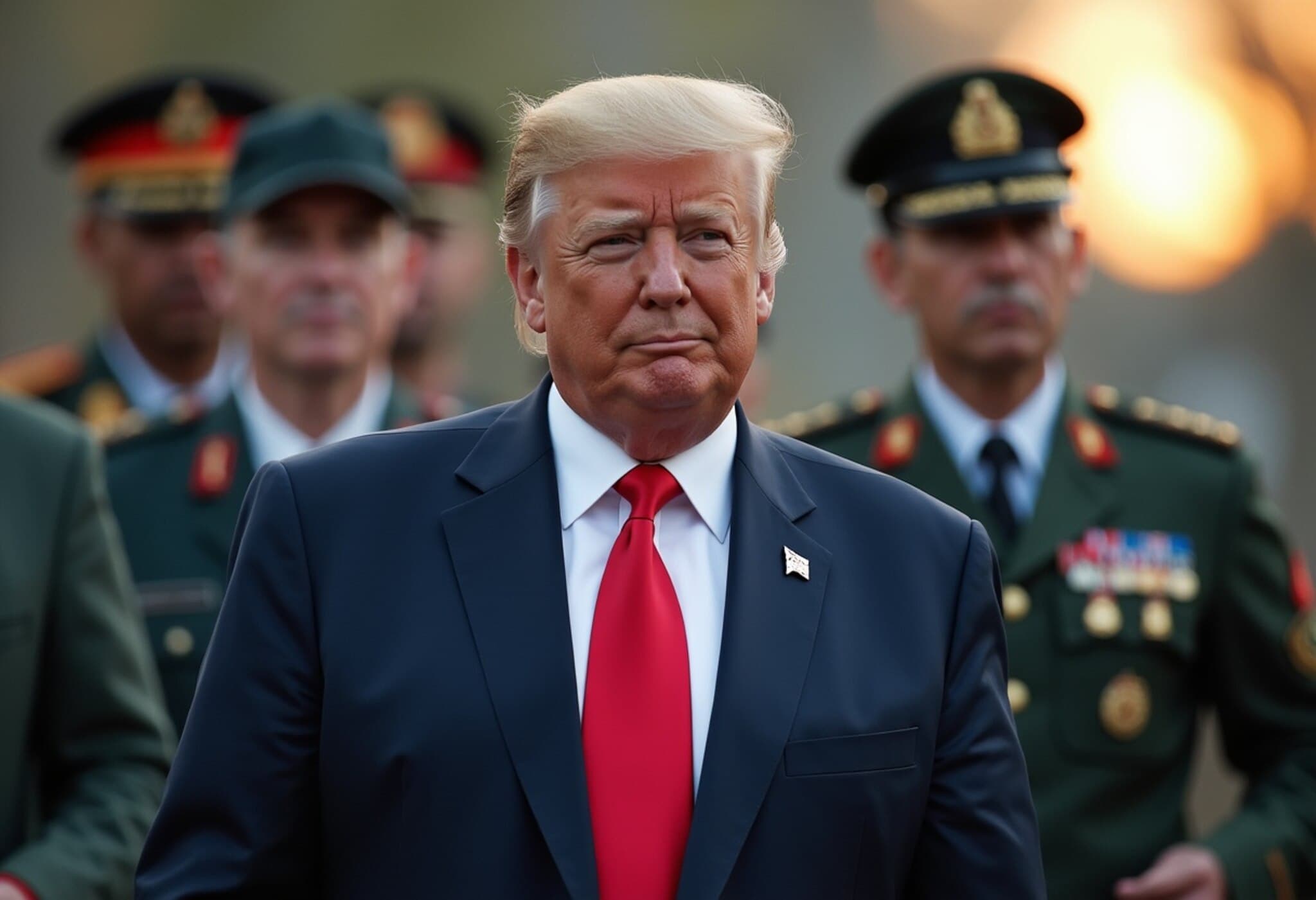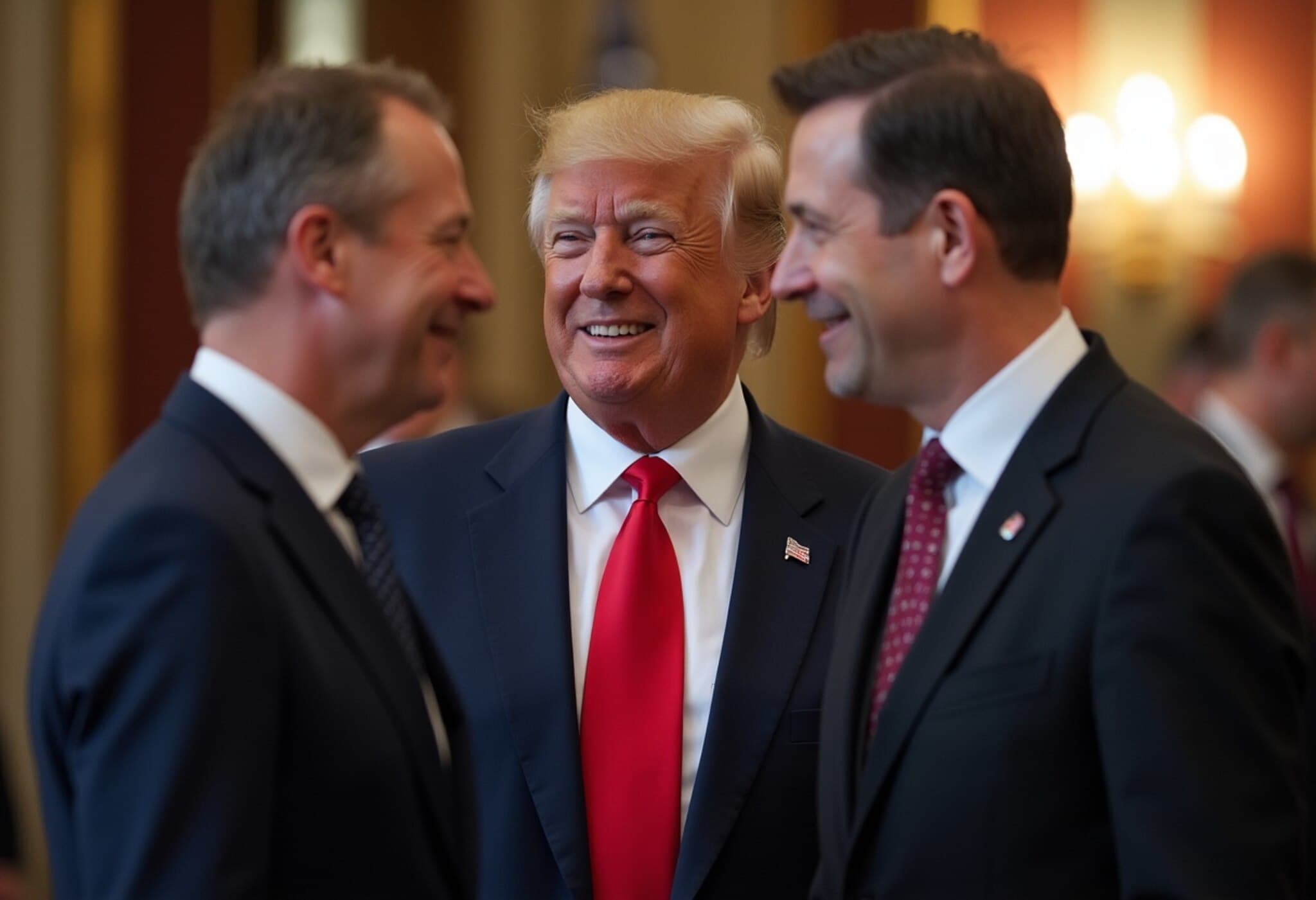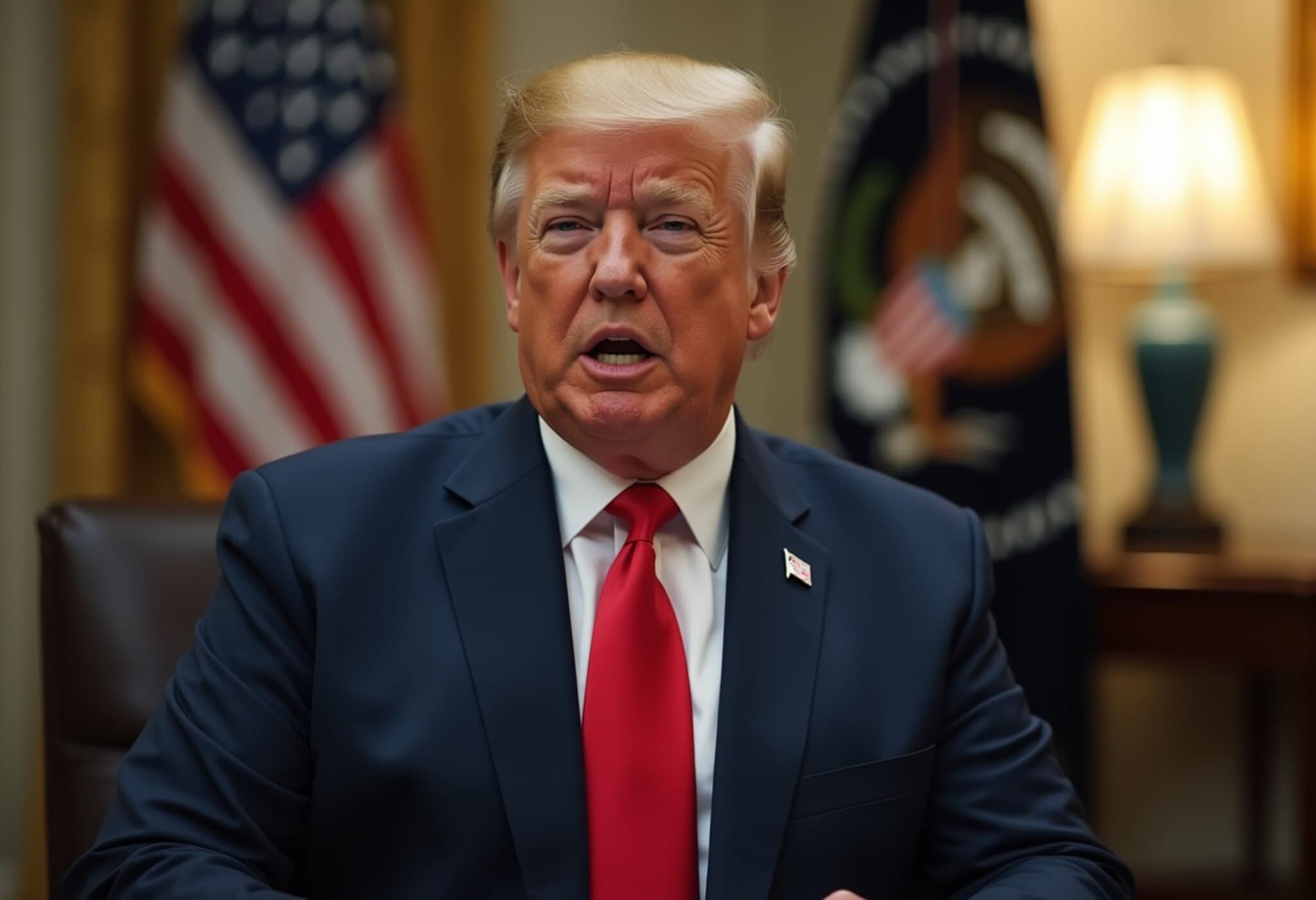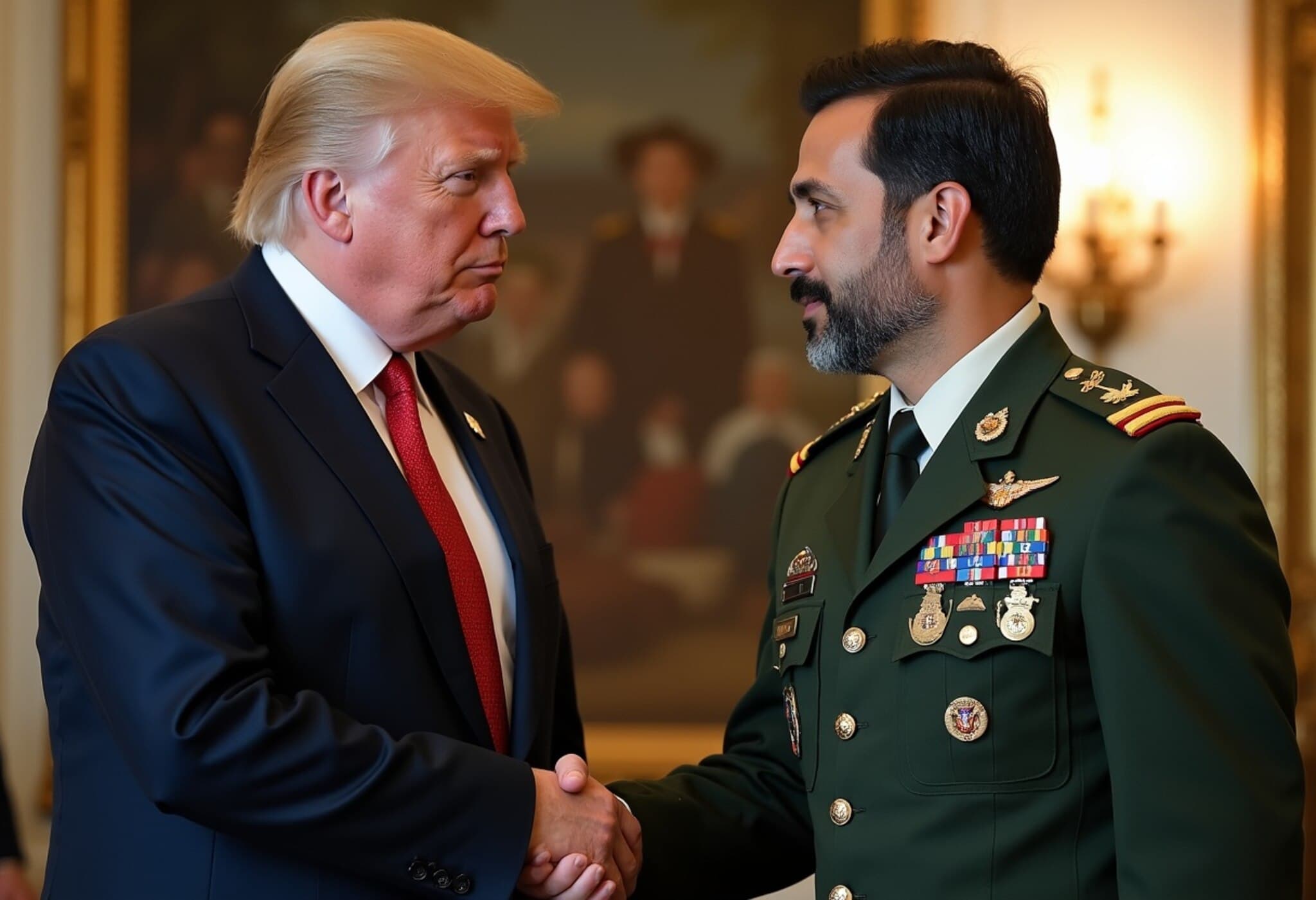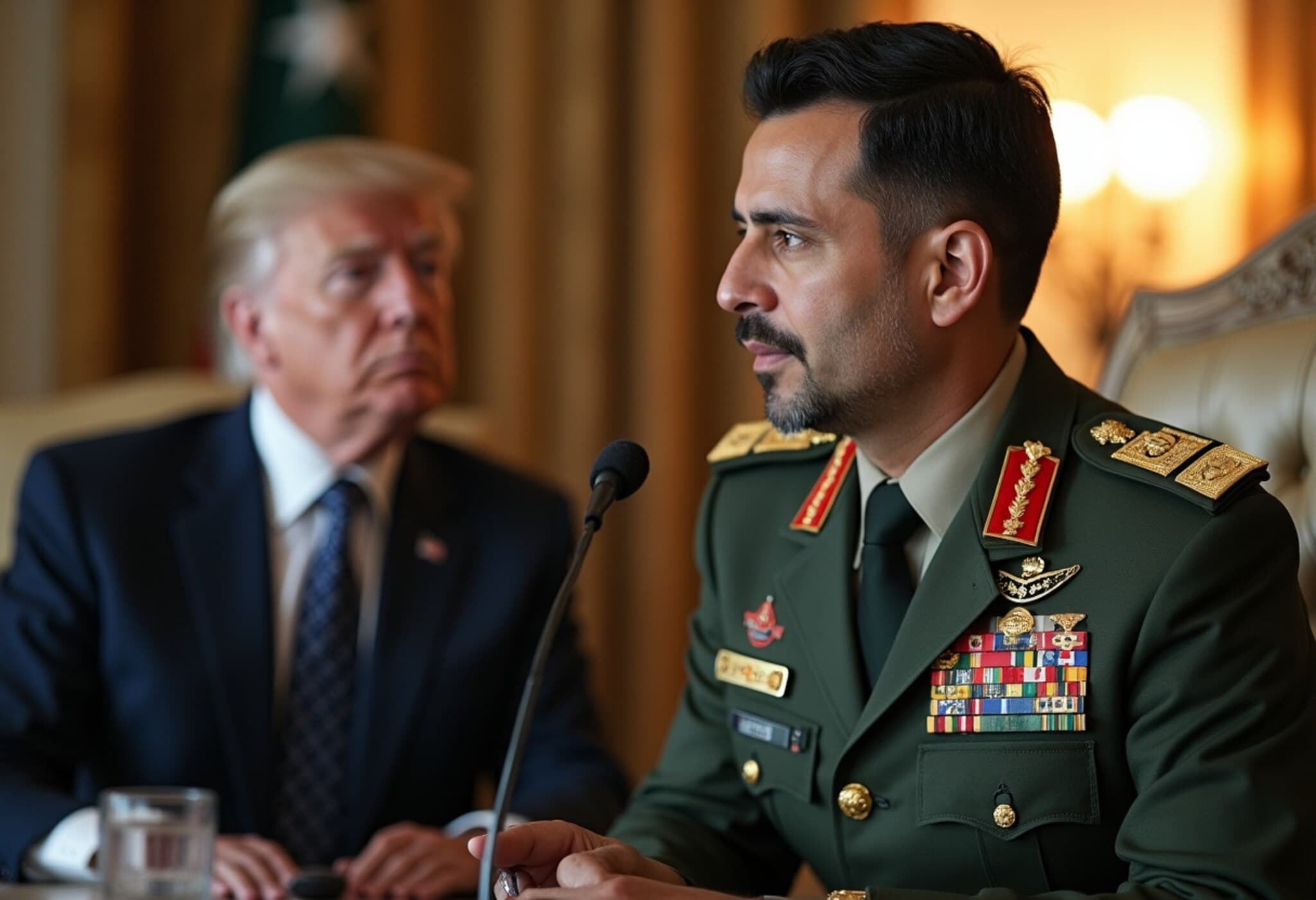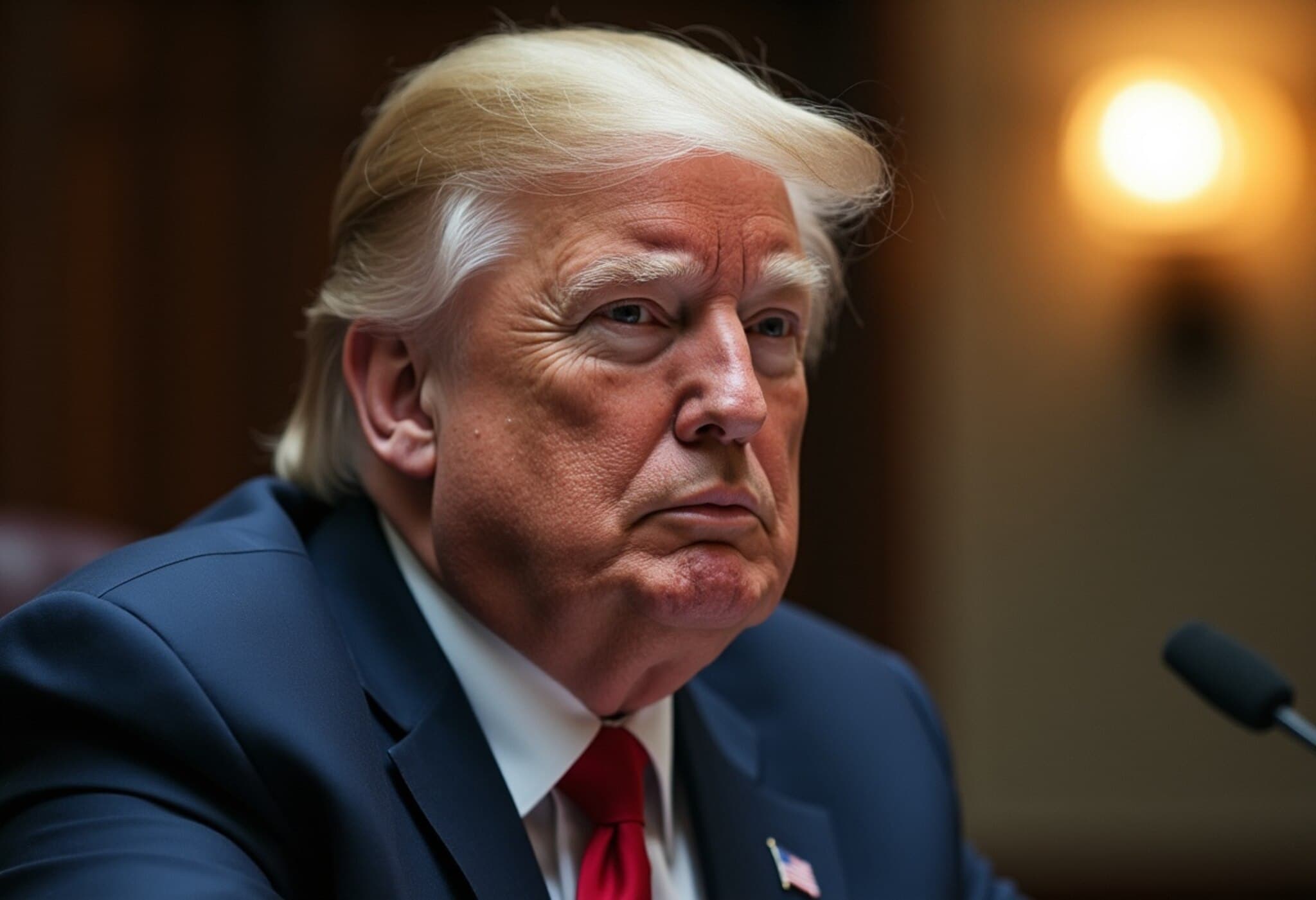White House Clarifies No Planned Visit by President Trump to Pakistan
On July 18, 2025, the White House firmly denied circulating reports that President Donald Trump is scheduled for an official trip to Pakistan in September. The denial aimed to correct earlier misinformation spread by some Pakistani news outlets, which had suggested a visit to Islamabad and India during that period.
Details on President Trump's Upcoming Travel Plans
According to White House Press Secretary Karoline Leavitt, President Trump will instead be traveling to Scotland from July 25 to July 29. During this trip, he plans to visit Turnberry and Aberdeen, with a significant agenda item being trade discussions with UK Prime Minister Keir Starmer. The focus is on advancing the promising trade arrangements recently brokered between the United States and the United Kingdom.
Leavitt also revealed that President Trump and First Lady Melania are slated for an official state visit to the United Kingdom from September 17 to September 19, where they will hold meetings at Windsor Castle with King Charles. This visit will mark a rare and notable second state visit for President Trump, underscoring the enduring diplomatic ties between the two nations.
The Misinformation and Media Retractions
Earlier in the day, two prominent Pakistani television channels reported that President Trump would be visiting Pakistan, followed by a visit to India. These reports, citing anonymous sources, quickly gained traction but were subsequently withdrawn, with at least one channel issuing a formal apology for the inaccuracy.
Contextualizing US-Pakistan Relations Amidst Regional Tensions
The confusion around President Trump’s travel comes amid heightened diplomatic activities involving the US and Pakistan. Just last month, Pakistan's Army Chief, Field Marshal Asim Munir, attended a historic White House lunch with President Trump — an unprecedented engagement given Pakistan’s civilian political leadership. This meeting was followed closely by American strikes on Iranian nuclear sites, a move that sparked political backlash in Pakistan and intensified regional tensions.
During their meeting, Munir urged President Trump to take steps to de-escalate tensions between Iran and Israel, highlighting Pakistan's strategic interest in regional stability. These diplomatic efforts illuminate the complex interplay of military, political, and diplomatic threads that define US-Pakistan relations today.
Historical Note: US Presidential Visits to Pakistan
President George W. Bush was the last sitting US president to visit Pakistan back in 2006. Since then, official high-profile visits have been sparse, reflecting the often cautious and complicated bilateral relationship. The recent rumor of a Trump visit, therefore, captured significant attention before being refuted.
Expert Insight: What Does This Mean for US-Pakistan and US-UK Relations?
The White House’s emphasis on the UK visit rather than Pakistan signals a strategic prioritization of reinforcing US-UK ties post-Brexit, especially through trade. In contrast, the opaque status of US-Pakistan diplomatic exchanges reflects ongoing challenges in bilateral relations, impacted by broader regional security concerns, including Iran’s nuclear program and US interests in South Asia.
From an American policy perspective, strengthening economic alliances with traditional partners like the UK offers more predictable benefits than navigating the complexities currently prevailing in Pakistan. Yet, the historic White House reception for Pakistan’s military chief suggests the US is keen to keep channels open amid regional volatility.
Key Takeaways:
- No official visit by President Trump to Pakistan is scheduled for September 2025.
- President Trump will visit Scotland in late July for trade talks with UK Prime Minister Keir Starmer.
- The Trump administration plans an official UK state visit in mid-September, including meetings with King Charles.
- Earlier inaccurate media reports about Trump's South Asia trip were retracted with apologies.
- Recent US-Pakistan military and diplomatic interactions underscore ongoing regional complexities.
Editor’s Note
This clarification from the White House sheds light on the delicate nuances of international diplomacy and media reporting. It highlights the essential need for official verification amidst the spread of speculative news in today's fast-paced media environment. As US foreign policy evolves to balance historic alliances and emerging regional dynamics, the spotlight on trade and economic recovery takes precedence. Meanwhile, the US-Pakistan relationship remains an intricate chess game influenced by geopolitical shifts, security concerns, and diplomatic overtures. Observers should watch carefully how these overlapping developments shape future engagements.

